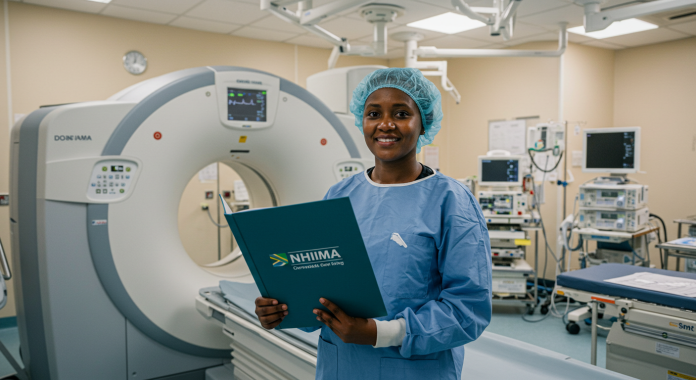NHIMA Commissions CT and MRI Machines to Boost Diagnostic Capacity in Public Hospitals
In a major stride towards improving Zambia’s public healthcare system, the National Health Insurance Management Authority (NHIMA) has successfully commissioned seven CT scanners and MRI machines across seven major public hospitals. The initiative is aimed at transforming diagnostic service delivery in government-run medical facilities and significantly reducing patient referrals to private healthcare institutions.
The newly commissioned medical equipment, valued at over K224 million, has been installed at:
-
Levy Mwanawasa University Teaching Hospital
-
University Teaching Hospital (UTH)
-
Ndola Teaching Hospital
-
Arthur Davison Children’s Hospital
-
Kitwe Teaching Hospital
-
Solwezi General Hospital
-
Livingstone Teaching Hospital
This development marks a turning point in the availability of advanced medical imaging technologies within the public sector, which for years has faced limitations in high-end diagnostic capabilities.
A Win for Universal Health Access
During the commissioning ceremony, Minister of Health, Dr. Elijah Muchima, emphasized the profound impact the installation will have on healthcare service delivery.
Previously, many patients under the national health insurance scheme were referred to private institutions for CT and MRI scans due to a lack of capacity in public hospitals—often leading to higher costs, longer waiting periods, and limited access, particularly for those in rural and low-income communities.
Strategic Investment Without Donor Dependency
NHIMA Director General, Michael Njapau, hailed the commissioning as a historic investment in the nation’s healthcare infrastructure.
Njapau further explained that the machines come with training and accessories to ensure immediate and effective use. Healthcare workers in the respective hospitals are undergoing capacity-building sessions to operate the equipment optimally.
Broader Impact on Healthcare Delivery
The deployment of MRI and CT machines across multiple provinces is expected to:
-
Improve early diagnosis of complex conditions such as cancer, stroke, and internal injuries
-
Reduce waiting times for essential scans
-
Lower out-of-pocket spending by patients
-
Support medical research and data collection in public hospitals
-
Ease the burden on private healthcare services
Future Prospects and Commitment
As NHIMA continues to expand its healthcare interventions, both the Ministry of Health and the Authority have pledged ongoing investments in medical infrastructure, especially in underserved areas.
The commissioning aligns with the broader goals of Zambia’s Universal Health Coverage (UHC) agenda, which aims to ensure that all citizens can access essential health services without financial hardship.
With these machines now operational, patients and medical practitioners alike can look forward to faster, more accurate diagnoses, improved treatment planning, and better overall health outcomes—right within the public health system.

